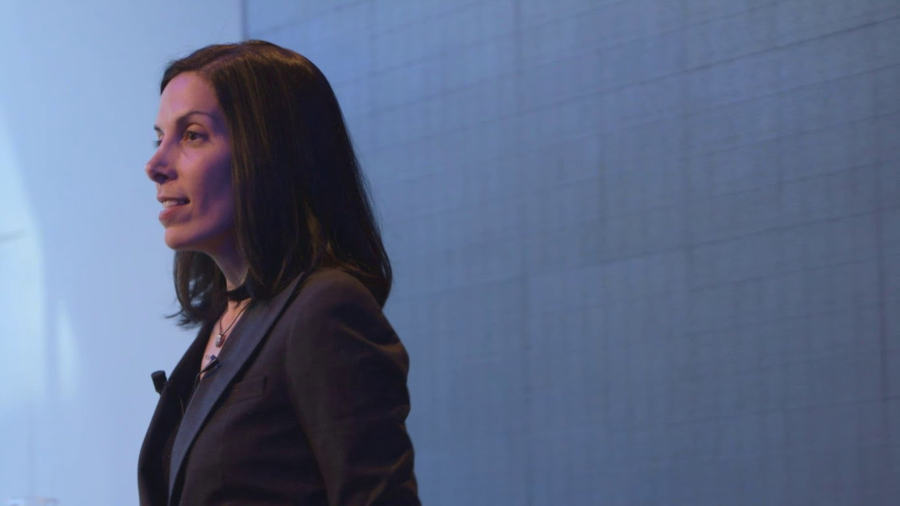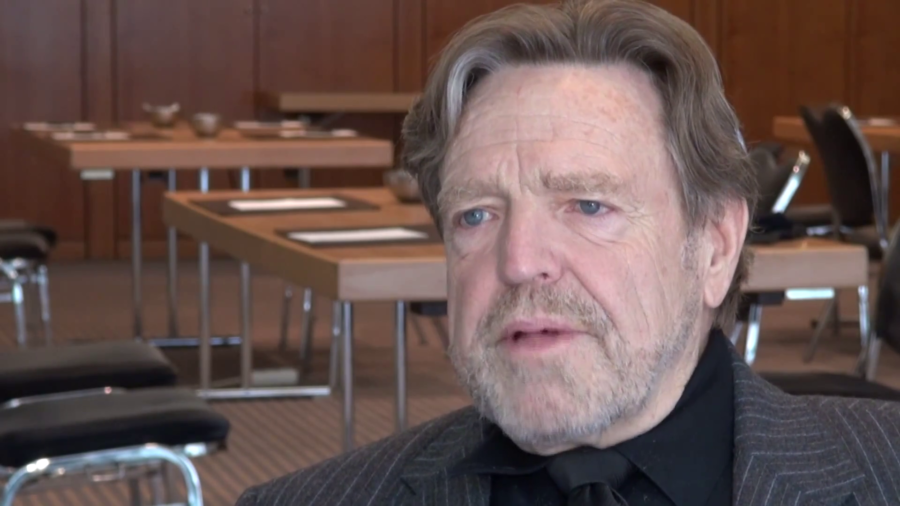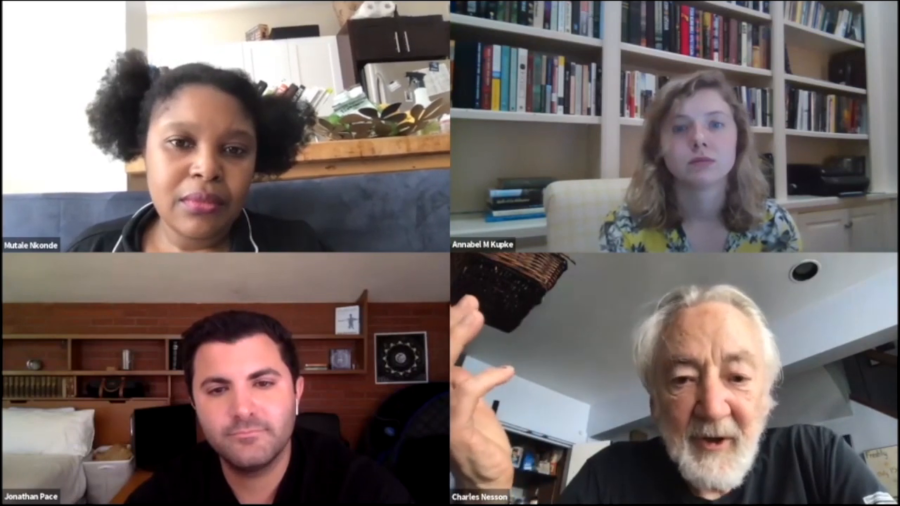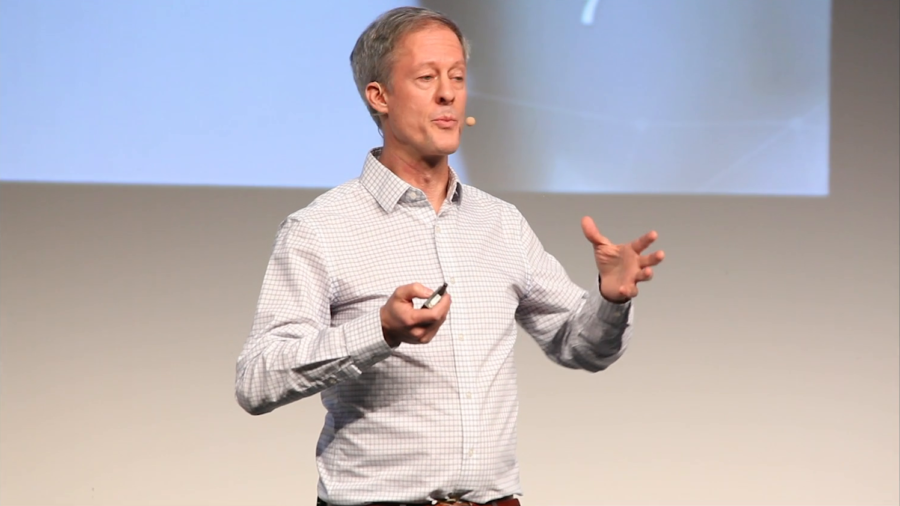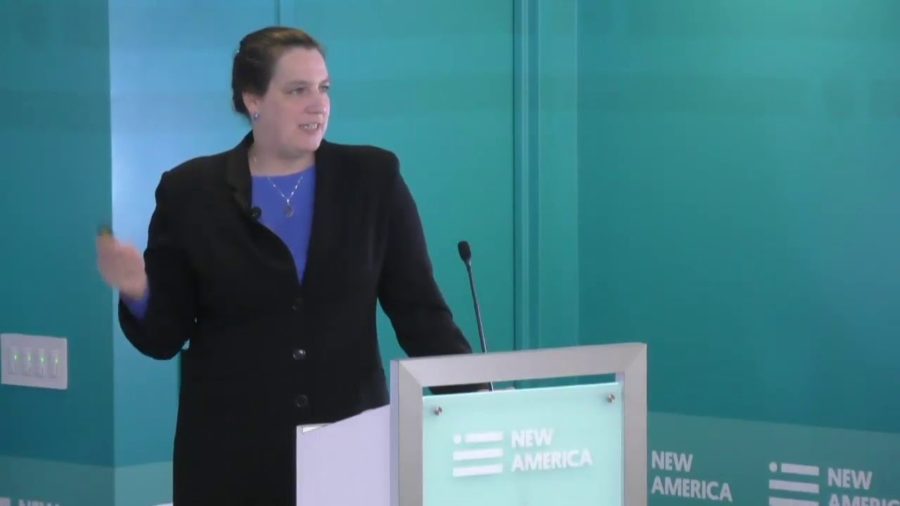We as a society have to decide whether or not the ability to access and change our brains is something that we want, that we’re going to embrace, or something that we’re going to put limits on.
Archive (Page 1 of 6)
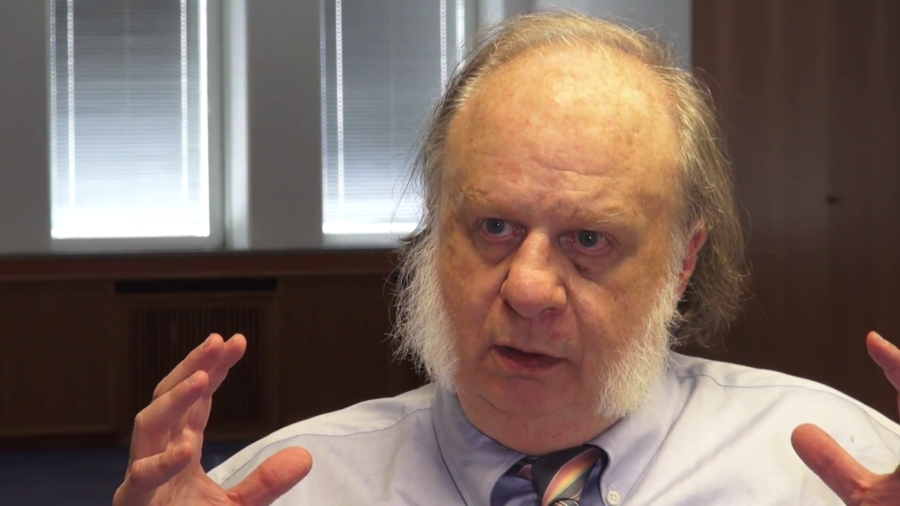
I think he would to some extent be surprised that business has hijacked the Internet in a certain sense. That the entertainment industry…I’ll just pick on them but other industries too, that’ve basically exploited that sort of delivery vehicle that was made not really with them in mind but they have gained such a dominant position in dictating how and where the Internet goes.
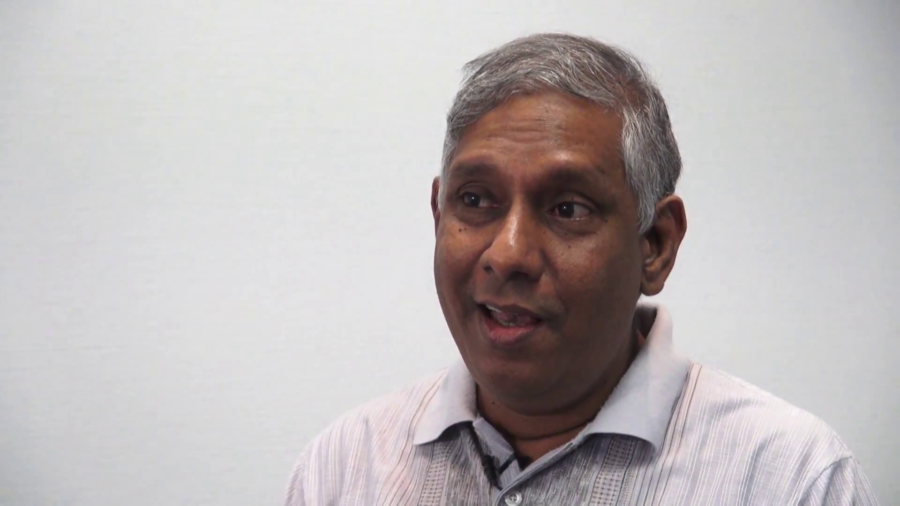
There’s lots of fears. So one major fear would be privacy. So privacy is something which we used to take for granted. Now we cannot. The other major fear I have is centralization.
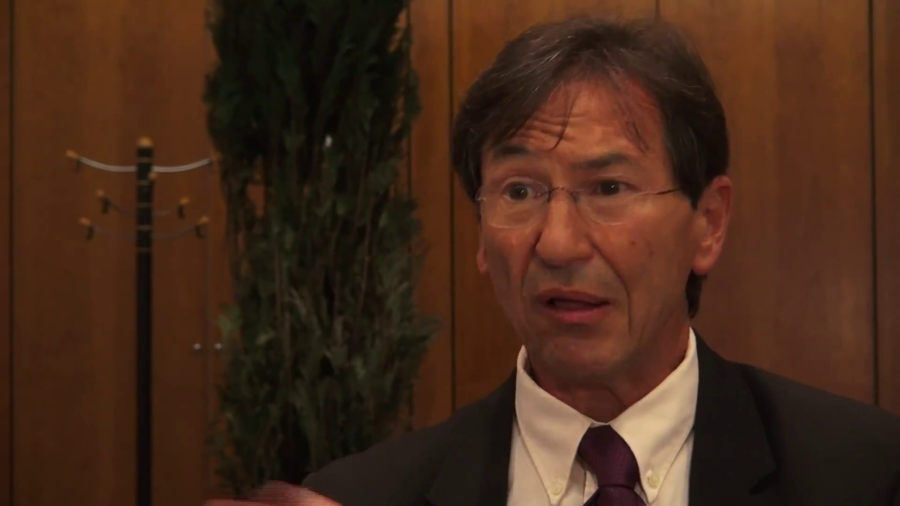
The main fear I have, and I believe most of my colleagues have, is to see the Internet more fragmented than it is, and much more fragmented than we wanted it to be. When we designed it, we developed technology which was due to be open, which means that everyone knows the technology, everyone can develop it, and everyone can improve it as well.
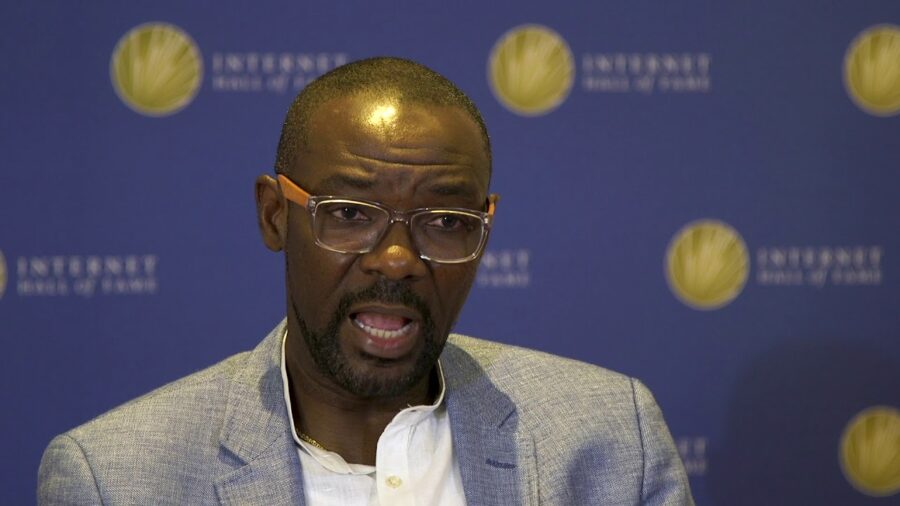
One of the key challenges is the language barrier. In Africa there are three major languages spoken, or used in professional environments: French, English, some Portuguese. And trying to bring the community from all those different language backgrounds to focus on a project like AFRINIC was hard.
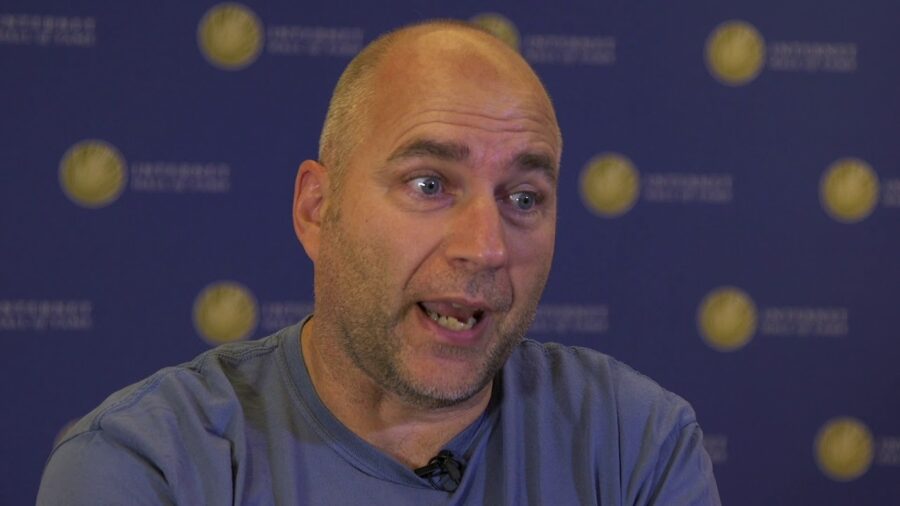
I was getting a bit annoyed with the fact that I was traveling to universities all over the country and always had to go through all kinds of trouble to get online. You may not know this but back in the time you would have to register your MAC address at the IT center of the university or get a card to stick into your laptop. And it was such a hassle and I thought, but why?

